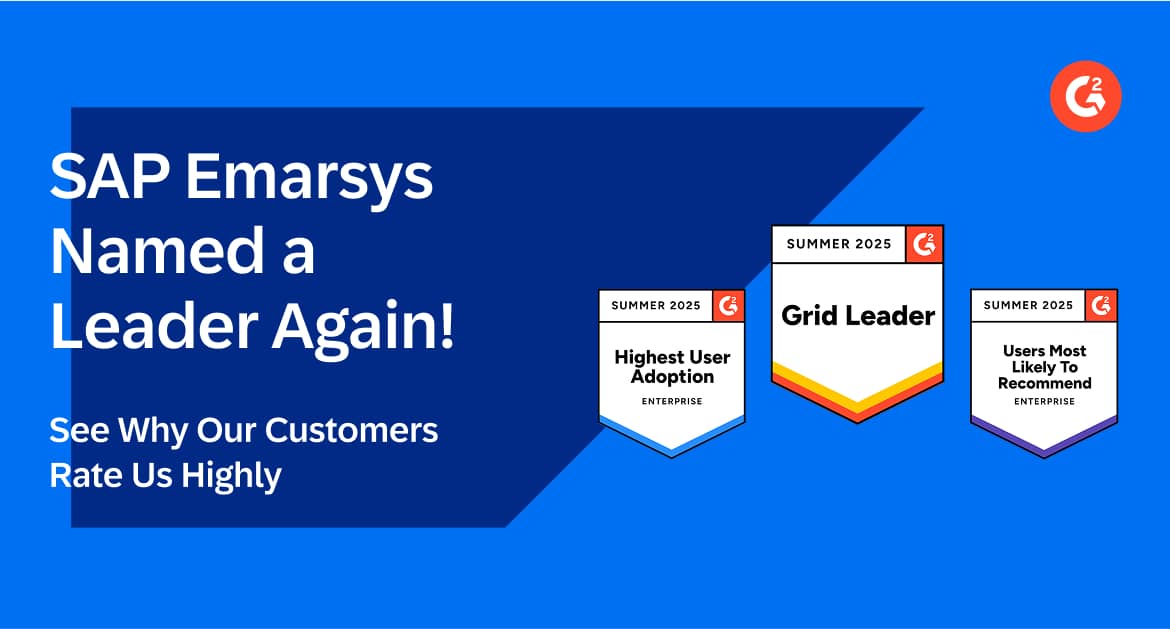Intelligent technology solutions are being quickly adopted by many businesses to promote operational efficiency and enhance the customer experience. These platforms allow marketers to get more in-depth, detailed information about their target audiences. The information obtained in this way can subsequently be utilized to increase conversions while also lightening the workload of marketing teams.
What is AI Marketing
Artificial intelligence (AI) technologies are being used in marketing to make automated decisions based on data gathering, data analysis, and observations of audience or economic trends that may have an impact on marketing activities.
When speed is crucial in marketing campaigns, AI is frequently used. To ensure optimum efficiency, AI technologies learn how to effectively engage with other systems and humans using data and customer profiles. The machines then create personalized messages at the appropriate moment without assistance from marketers. AI is employed by many modern marketers to support marketing teams or to carry out more tactical jobs that don’t require as much human finesse.
AI marketing includes:
- data analysis
- natural language processing
- media buying
- automated decision making
- content generation
- real-time personalization
Marketing AI Components
It is obvious that artificial intelligence plays a crucial role in assisting marketers in building relationships with consumers.
The most effective methods for bridging the gap between the enormous volumes of customer data being collected and the practical next actions that can be used to execute campaigns include the following elements of AI marketing:
Big Data and Analytics
Big data has exploded with the advent of digital media, giving marketers the chance to measure their impact and precisely attribute value across channels. As a result of the difficulty many marketers have in deciding which data sets are valuable to acquire, there is now an abundance of data.
AI Platform Solutions
Marketers have a central platform for managing the vast amounts of data being acquired thanks to efficient AI-powered solutions. These systems can provide you with valuable marketing analytics about your target market, allowing you to make data-driven choices about how to communicate with them most effectively. Marketers can better assess how receptive a customer is to a particular marketing campaign by using frameworks like Bayesian Learning and Forgetting.
Machine Learning
Artificial intelligence (AI) is the driving force behind machine learning, which uses computer algorithms to analyze data and get better on their own over time. Machine learning-enabled devices examine fresh data in light of pertinent historical data, which helps them make decisions based on what has or hasn’t worked in the past.
AI Marketing Challenges
A thorough awareness of customer wants and preferences, as well as the capacity to act swiftly and effectively on that knowledge, are essential components of modern marketing. For marketing stakeholders, AI is now at the forefront to help make timely, data-driven judgments.
When selecting how to integrate AI into their campaigns and processes, marketing teams must exercise caution. The creation and application of AI tools are still in their infancy. As a result, there are a few difficulties to be mindful of when applying AI to marketing.
Privacy
The way businesses exploit their data is coming under increasing scrutiny from both consumers and regulatory entities. To avoid harsh fines and reputational damage, marketing teams must make sure they are using customer data ethically and in accordance with regulations like the GDPR.
When it comes to AI, this is a challenge. In terms of using customer data for personalization, the tools might go beyond what is regarded appropriate unless they are specifically built to adhere to specified legal criteria.
Training and Data Quality
AI tools do not inherently know what to do to accomplish marketing objectives. To act on company objectives, customer preferences, historical patterns, to comprehend the broader context, and build competence, they need time and training.
This not only takes time, but also calls for data quality assurances. The value of AI tools will be diminished if they are not trained with high quality data that is reliable, timely, and relevant. As a result, AI tools can also make less-than-ideal decisions that do not reflect user preferences or needs.
Changing the Marketing Environment
To address the elephant in the room around AI, yes, marketing jobs will be disrupted by the rise of AI. Marketers must understand the kinds of jobs that will be eliminated and those that will be created. According to one study, marketing technology will eventually replace almost six out of ten current marketing specialists’ and analysts’ professions.
Learn how today’s top brands use the power of AI and Emarsys to drive customer engagement and increase revenue.
How to use AI in Marketing
When implementing AI in marketing campaigns and business processes, it’s critical to start with a well-thought-out approach. This will guarantee that marketing teams avoid expensive problems and get the most out of their AI investment in the shortest amount of time.
Establish a goal
As with any marketing program, it’s critical to create clear goals early on. Start by identifying areas inside campaigns or operations, such segmentation, where AI could be improved.
Next, create precise KPIs that will show how effective AI-augmented campaigns have been; this is crucial for qualitative goals like “increase customer experience.”
Acquire data science talents
It can be challenging to work with enormous amounts of data and produce insights when marketing companies lack staff members with the appropriate data science and AI experience. Organizations should collaborate with independent third parties to launch projects and help with continuing maintenance by collecting and analyzing data to train AI technologies.
Maintain Data Quality
Machine learning algorithms will learn how to make precise, useful decisions as they ingest more data. However, the insights won’t be helpful if the data is not consistent and error-free, and they might even lead AI programs to make choices that harm marketing initiatives. Marketing teams must collaborate with data management teams and other lines of business to build methods for data cleansing and data maintenance prior to deploying AI marketing.
When doing so, keep in mind the following seven crucial data dimensions: timeliness, completeness, consistency, relevance, transparency, accuracy, and representativeness.
Selecting an AI Platform
The first step in adopting AI marketing is choosing the appropriate platform or platforms. Marketing professionals need to be astute in spotting the holes that the platform is attempting to fill and wise in choosing solutions based on skills. This will depend on the objective that marketers are attempting to meet.
For instance, products used to increase overall customer satisfaction will have different functionality than those used to increase speed and productivity.
When choosing a tool, keep in mind the level of transparency you’ll need to understand why an AI platform made a particular choice. Marketing teams may receive a detailed report on why a particular decision was taken and what data drove the decision, depending on the algorithm in use, while algorithms working on a more advanced level with deep learning may not be able to give as definitive reasoning.
Benefits of Leveraging AI in Marketing
AI has a wide range of applications in marketing campaigns, and each of these applications has its own set of advantages. These advantages include risk reduction, better time-to-value, higher customer satisfaction, more revenue, and real-time communications. Benefits may be quantified (based on sales volume) or not (user satisfaction). There are a few general advantages that apply to all AI use cases:
- Better customer relationships
- Real-time personalization
- Increased campaign ROIs
- Enhanced marketing measurements
- Make decisions faster
How Sigmund AI is contributing to Marketing AI
A cutting-edge artificial intelligence (AI) tool called Sigmund AI can boost the efforts of sales and marketing teams. Users can ask inquiries and receive prompt answers using the chatbot interface that is available. Supercharge Lab, a preeminent supplier of AI-powered consumer interaction solutions, is the company behind Sigmund AI. The company’s goal is to assist businesses in using AI to improve their performance in marketing and sales. Sigmund AI can be purchased separately or as a part of Supercharge Lab’s full range of services. The platform provides a variety of features, such as:
- A chatbot interface that allows users to ask questions and get real-time advice.
- A library of pre-built AI models that can be used to boost sales and marketing performance.
- Automated machine learning capabilities that allow businesses to train Sigmund AI on their own data sets.
- A built-in feedback mechanism that allows businesses to track the impact of Sigmund AI on their sales and marketing performance.
If you’re interested in using AI and machine learning to supercharge your business, look no further than Sigmund AI by Supercharge Lab. You can maximize the value of your research with the aid of our strong tools and services. To learn more or speak with our team, visit us at superchargelab.com.
Handpicked Related Content:












